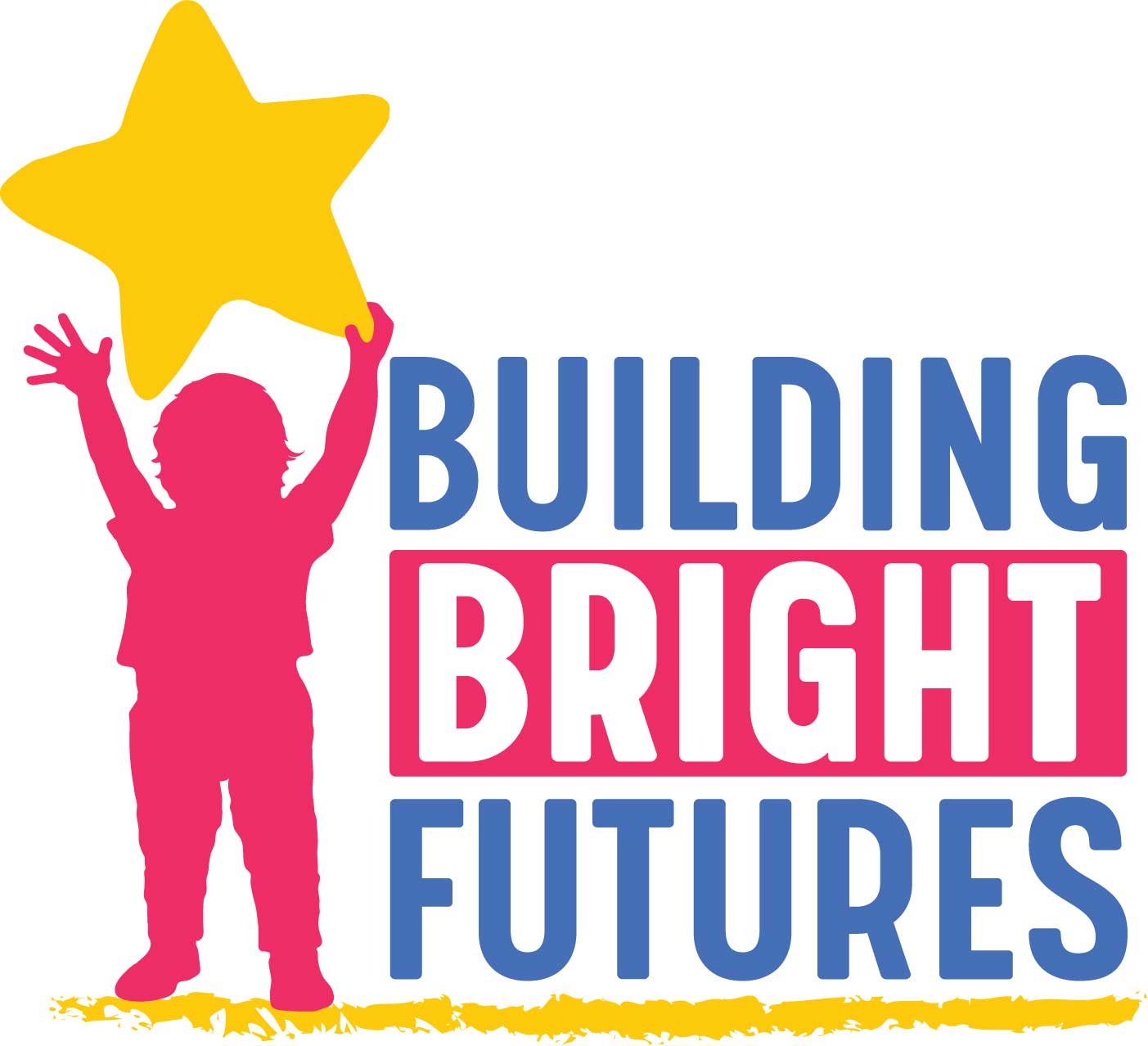Starting in September 2021 and continuing through 2026, the state of Vermont is receiving $255,600 per year ($1.3 million total) from the federal government to promote early developmental health, family engagement, and family well-being for children from the prenatal period to age 3 and their families. This important project is called Building Integration in Vermont’s P-3 Early Childhood and Maternal Child Systems (VIP-3 for short), and it is co-led by the Vermont Department of Health, the Vermont Division of Maternal and Child Health, and the Building Bright Futures (BBF) State Advisory Council.
The project will achieve its goals by building a more equitable, sustainable, integrated, continuous, comprehensive, and high-quality system of early childhood and maternal care in Vermont. The funding comes from the Health Resources and Services Administration, which is part of the U.S. Department of Health and Human Services.
Dr. Morgan Crossman, BBF’s executive director and a co-lead on VIP-3, says the project will allow Vermont to focus on strengthening the foundation of the Early Childhood (EC) and Maternal and Child Health (MCH) systems. This kind of systems-level work is often not prioritized or well-funded, so this grant is especially valuable and needed. This project will allow Vermont and early childhood stakeholders to examine how well-resourced and aligned its services and programs are in supporting all Vermont children from the prenatal period through age 3.
Specifically, the project will strengthen partnerships between Vermont’s Early Childhood and Maternal and Child Health sectors, using existing infrastructure to:
- Identify gaps, assets, and areas of duplication
- Promote family leadership and engagement by offering training and professional development opportunities, and greater outlets for family and community feedback within the BBF Network
- Increase participation of health providers such as pediatricians and other perinatal physical and mental health providers in early childhood systems and decision-making
- Develop and implement innovative financing, health, and equity strategies to improve policies, services provision, and outcomes for children from the prenatal period through age 3 and their families; this includes creating a comprehensive inventory on spending on the prenatal to age 8 population and their families in Vermont
- Build systems-level integration and promote equity and accessibility within the EC and MCH systems by strengthening and aligning strategic plans
Underserved populations such as indigenous, immigrant, and refugee communities are a particular focus in the VIP-3 project’s work to promote family leadership. Here are some of the ways the project will provide those opportunities for leadership:
- Engage, train, and expand family leadership opportunities within the EC and MCH systems to promote a culturally and linguistically responsive approach and build resiliency
- Cultivate family representation on key committees and workgroups
- Develop supports for leadership and engagement opportunities for the families of children ages prenatal to age 3 by utilizing cultural brokers/leaders from Abenaki Tribes, immigrant, and refugee populations
- Support the Families and Communities Committee in conducting regular family engagement assessments
- Promote a two-generation approach by identifying and sharing best practices from partners such as Head Start and Early Head Start Policy Councils with strong systems for family engagement and decision-making
This project is an exciting opportunity to improve the health and well-being of Vermont children from the prenatal period to age 3, and BBF will be sharing more updates as the project progresses.






